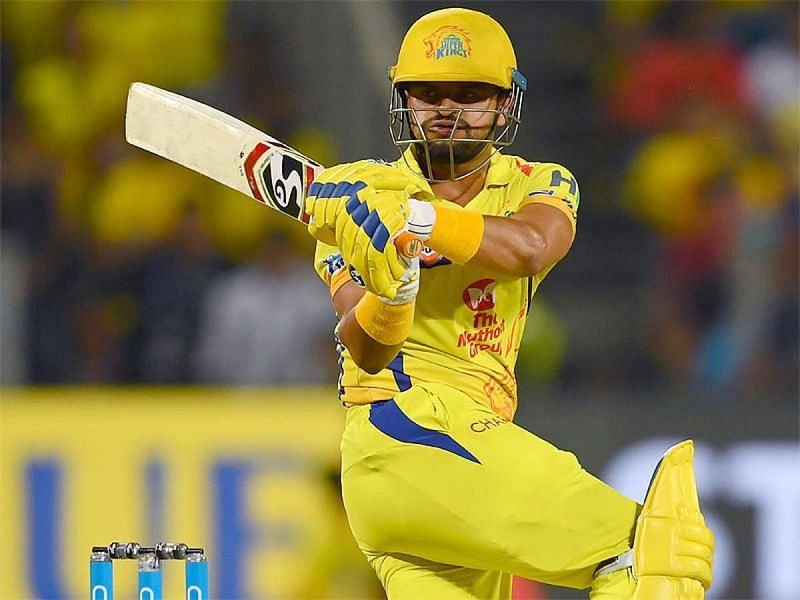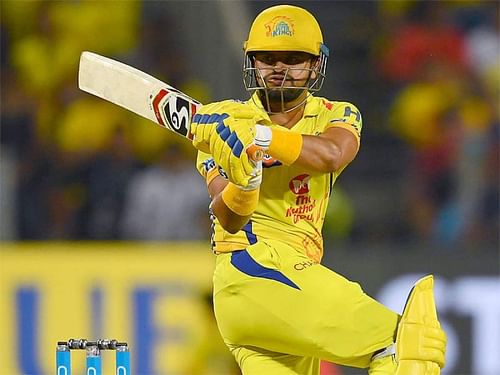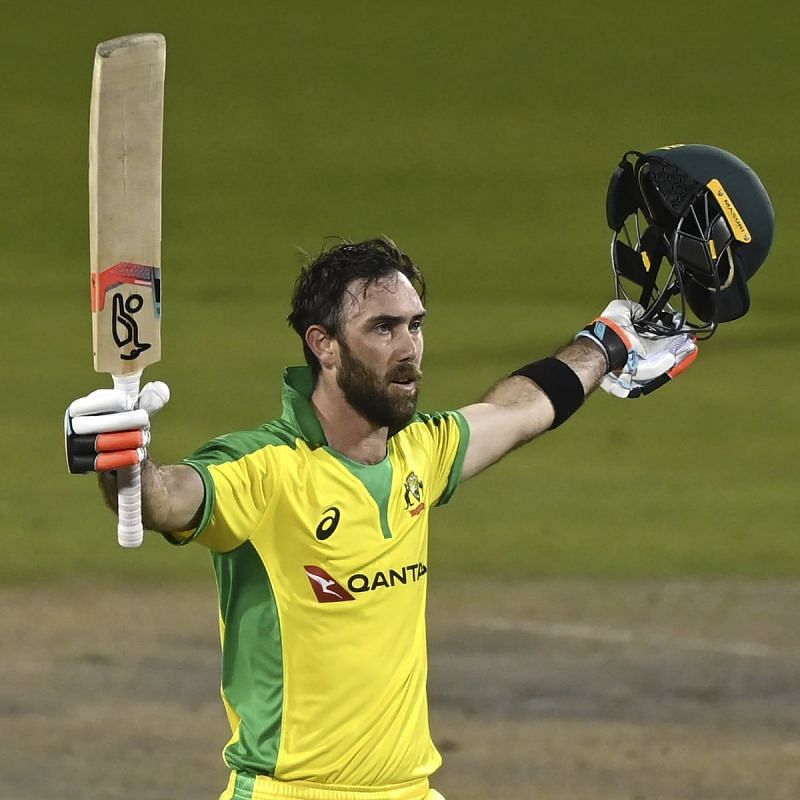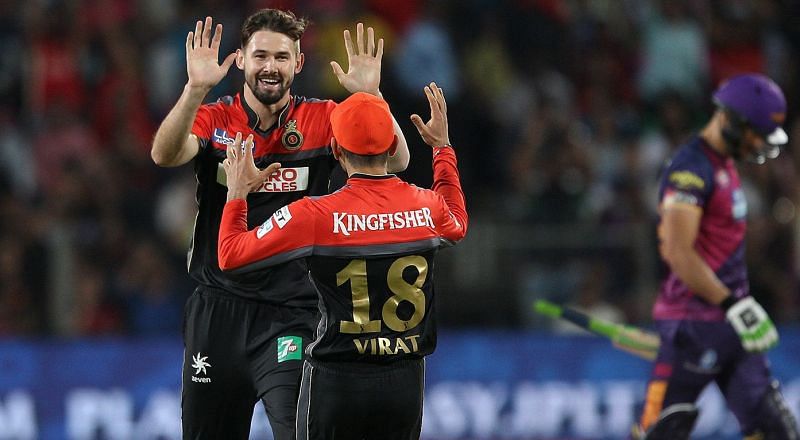
Should players be fined for withdrawing from the IPL?

The 14th edition of the Indian Premier League (IPL) is only a week away, but certain franchises are still making changes to their rosters.
Over the last two days, Mitchell Marsh and Josh Hazlewood have pulled out of the IPL citing bio-bubble fatigue, leaving their teams - the Sunrisers Hyderabad and the Chennai Super Kings - to desperately search for a replacement.
SRH have roped in Jason Roy, but with Jonny Bairstow, David Warner and Kane Williamson already part of the team as overseas top-order batsmen, the signing doesn't make much sense. CSK, on the other hand, are yet to name a replacement.
While both Marsh and Hazlewood probably wouldn't have been in their teams' first-choice playing XI, this pattern of pulling out is certainly concering for a tournament of the stature of the IPL.
Even last year, Suresh Raina, Harbhajan Singh, Lasith Malinga, Kane Richardson, Harry Gurney, Chris Woakes and Jason Roy withdrew from the IPL. CSK were probably the only team affected by withdrawals, as they finished 7th in the absence of their vice-captain and only off-spinner.
This leads to ask some pertinent questions. Should players be fined for putting their teams in a compromising position? If not fines, what other measures can be taken to ensure that the players uphold their commitment? What reasons are valid enough to be excused from punishment?
In this article, we take a look.
Reasons known in advance cannot be used to withdraw from the IPL
In the era of COVID restrictions, bio-bubble fatigue is inevitable and understandable. Players can certainly take the call to pull out from the IPL, but they must do so before the auction.
For example, the IPL 2021 auction was held on February 18. Hazlewood, who took part in Australia's Test series against India which ended on January 19, knew that he'd have to enter a bio-bubble in the first week of April. He has played only three games for New South Wales since the Border-Gavaskar Trophy, but still decided to pull out with only one week to go.
Hazlewood has an eye on the Shield final, as well as the tightly packed international calendar. But both factors were already known ahead of the auction, and had he pulled out beforehand, CSK would've not only been able to find an adequate replacement but also free up an overseas slot.
Cases such as this simply shouldn't be acceptable in a league as prestigious as the IPL.
Mental health shouldn't be taken lightly, though

At the time, it's important to realise that mental health shouldn't be taken lightly. If a player feels the need to play the tournament despite not being in the right frame of mind because of possible consequences, that would be a disaster from everyone involved.
We've seen a number of players talk openly about their mental health in the recent past. And stringently enforcing fines or other forms of punishment will only be possible when the cause for withdrawal is clearly understood on a personal level.
This is next to impossible to achieve in certain cases, so a solution to this problem must work around the fact that the final verdict has a chance of being unfair to either the player or the organization.
How can IPL teams solve this problem?

The most important decision-making party in these situations is the franchise.
For example, Suresh Raina's withdrawal from IPL 2020 didn't seem to go down well with most parties involved, although CSK CEO KS Viswanathan and the team's social media pages attempted to smooth over the matter.
Raina's merchandise and name were reportedly removed from the team website, while former BCCI President N Srinivasan publicly criticised him. And a week ago, Viswanathan revealed that CSK are pondering over who should be their vice-captain this year. So clearly, the team management wasn't completely in support of their player.
On the other hand, Royal Challengers Bangalore pacer Kane Richardson and Delhi Capitals all-rounder Chris Woakes were retained by their franchises despite pulling out. While Richardson's wife was expecting a child around the same time as the rescheduled IPL 2020 campaign, Woakes decided he needed to spend more time with his family.
The final call should rest with the franchises. And should they decide to reprimand a player for pulling out of the tournament, they should be perfectly within their legal rights to do so.
Fines may not be the right way to go about this, though. Players who've withdrawn from the tournament are already missing out on their contract money. So deducting a portion of that, similar to how captains are docked a part of their match fee for slow over rates, wouldn't work.
Moreover, the younger players who haven't been part of the IPL setup for long may not be afford the fines, adding insult to injury. Fines could be enforced on IPL contracts that the player gets in later seasons, but he might play for a different team then and that would complicate matters.
If not fines, what measures can franchises take to ensure that their plans aren't thrust into turmoil? This is a question that remains up for debate.
A harsh stance would be to ban the player for another IPL season or two, if it's clear that the withdrawal could've been communicated earlier. But this doesn't help the team or the league in any way - it would simply be an act of vengeance against the player.
At the moment, there doesn't exist a clear-cut solution for this problem. The franchises are completely at the mercy of the players, who could withdraw citing any reason and suffer no consequences. The BCCI, the IPL Governing Council and the teams need to take a good long hard look at this and come up with viable answers.
It's clear that this is becoming a bigger problem by the day in this era of bio-bubbles and jam-packed calendars, and the administrative powers must take action immediately.